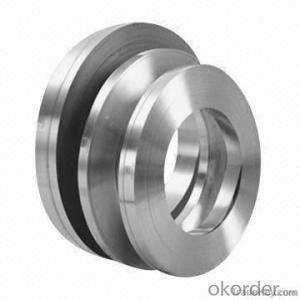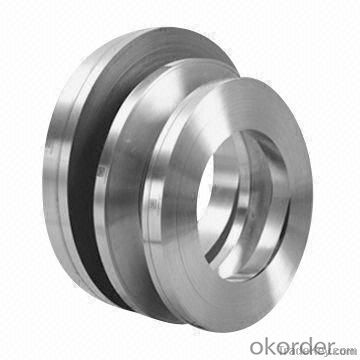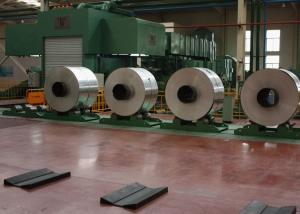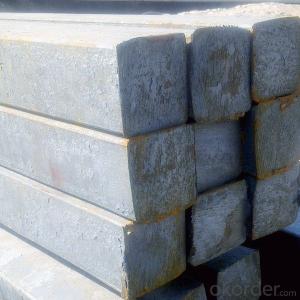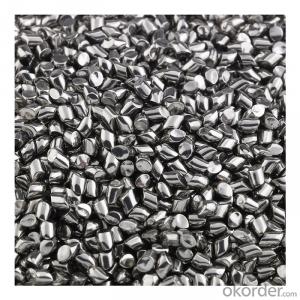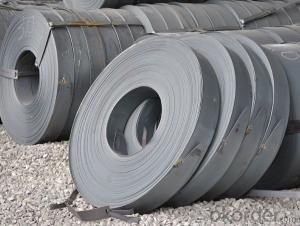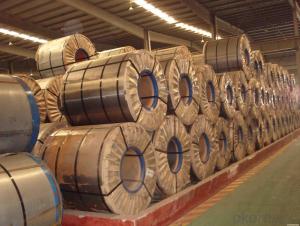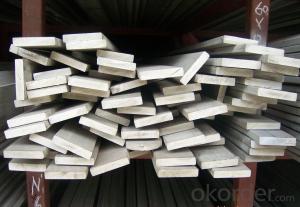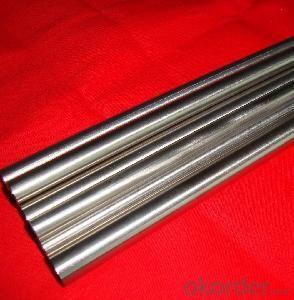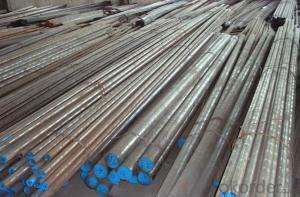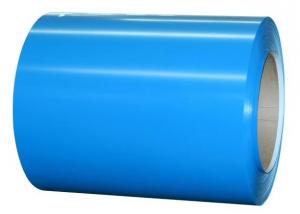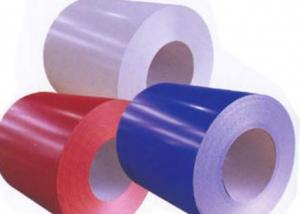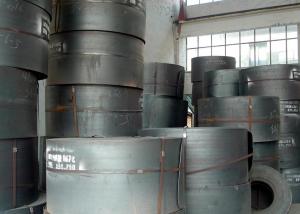Specifications
High carbon 65Mn cold rolled steel strip
1.Material:65Mn
2.Color:Blue
3.Size:0.20-2.50mmX60-250mm
4.Homogeneous hardness
Specifications
High carbon 65Mn cold rolled steel strip
1.Material:65Mn
2.Color:Blue
3.Size:0.20-2.50mmX60-250mm
4.Homogeneous hardness
ck67 astm1566 65Mn cold rolled spring steel strip with hardened + tempered
1.Material:65Mn
2.Color:Blue polished with rounding edge
3.Size:0.20-2.50mmX60-250mm
4.Hardness:HRC45-47
Chemical composition (%) are listed as below:
| GB | DIN | ASTM | C | Si | Mn | P | S | Cr | Ni | Cu |
| 65Mn | CK67 | 1566 | 0.62-0.70 | 0.17-0.37 | 0.90-1.20 | ≤0.035 | ≤0.035 | ≤0.25 | ≤0.30 | ≤0.25 |
Specifications
High carbon 65Mn cold rolled steel strip
1.Material:65Mn
2.Color:Blue
3.Size:0.20-2.50mmX60-250mm
4.Homogeneous hardness
ck67 astm1566 65Mn cold rolled spring steel strip with hardened + tempered
1.Material:65Mn
2.Color:Blue polished with rounding edge
3.Size:0.20-2.50mmX60-250mm
4.Hardness:HRC45-47
Chemical composition (%) are listed as below:
| GB | DIN | ASTM | C | Si | Mn | P | S | Cr | Ni | Cu |
| 65Mn | CK67 | 1566 | 0.62-0.70 | 0.17-0.37 | 0.90-1.20 | ≤0.035 | ≤0.035 | ≤0.25 | ≤0.30 | ≤0.25 |
